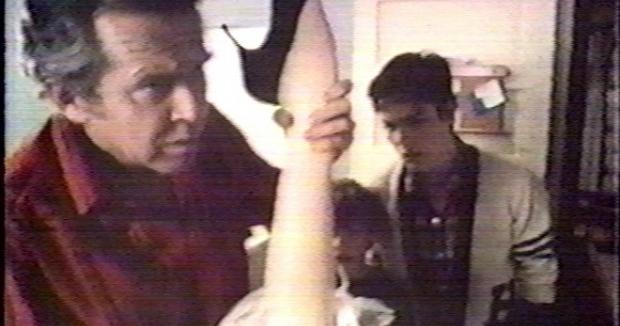
What is the most "Star Trek" episode of STAR TREK?
I don't mean the best, and I definitely don't mean an episode that "stands out" because it's unusual.
I mean the episode that you, personally, think is the most "typical" of TREK?
I don't mean the best, and I definitely don't mean an episode that "stands out" because it's unusual.
I mean the episode that you, personally, think is the most "typical" of TREK?
I think STAR TREK's greatest asset is the concept's ability to adapt to different themes, characters and even genres. Maybe there is no "typical" STAR TREK episode. But I am wondering what people would say is the "most" typical based on their own views of what defines it.
For example, a lot of people say CITY ON THE EDGE OF FOREVER is one of the best STAR TREK episodes. Maybe it is, maybe it isn't, but it's very unlike most TREK episodes in many ways. I would, personally, hesitate to say it typifies TREK.
I would say this about a lot of the episodes that frequently get mentioned when we talk about "The Best Star Trek Ever." I wouldn't call THE TROUBLE WITH TRIBBLES a "typical" episode. Same with THE BEST OF BOTH WORLDS, CHAIN OF COMMAND, THE PALE MOONLIGHT or FAR BEYOND THE STARS.
So too long, didn't read, sorry about that...
What do YOU think is the most "typical" #StarTrek episode, the one that best represents the show as you see it, whether it's one of the best, one of the worst or anywhere in between?
What do YOU think is the most "typical" #StarTrek episode, the one that best represents the show as you see it, whether it's one of the best, one of the worst or anywhere in between?
• • •
Missing some Tweet in this thread? You can try to
force a refresh








